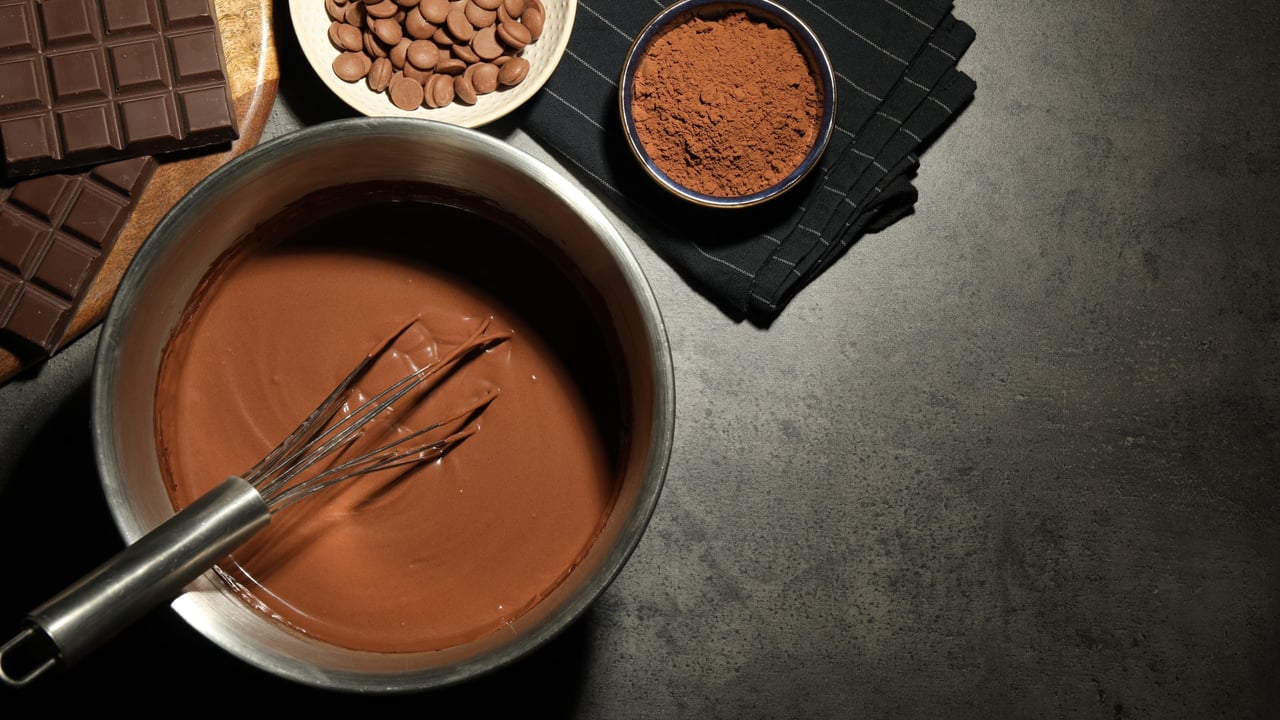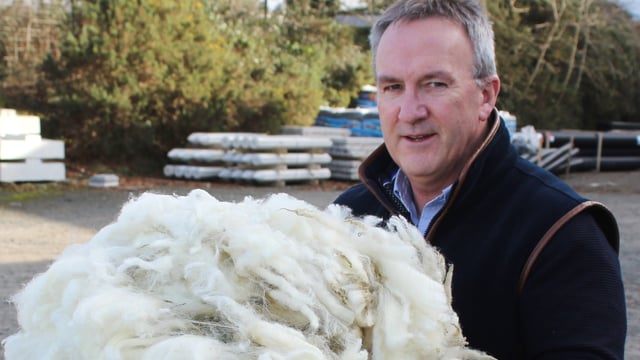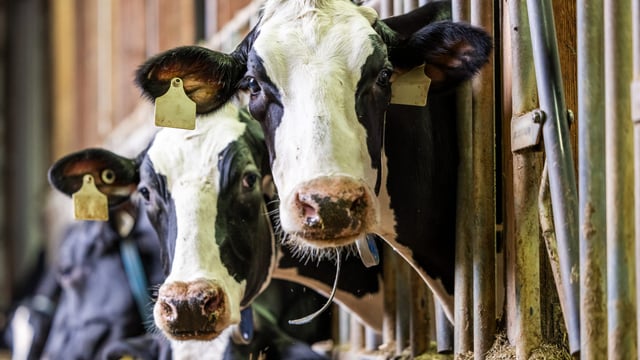Higher commodity prices drive up EU agri-food trade surplus in July
The EU agri-food trade surplus reached €4.6 billion in July. This was 19% higher than June, but lower than the same month last year.
The total EU surplus for the first seven months of the year is €26.5 billion. This is down €12.2 billion compared to the same period in 2024, due mainly to higher prices for EU imports, in particular cocoa and coffee.
EU agri-food exports reached €20.7 billion in July 2025, up 8% from June and approximately stable compared to July 2024.
Since January, cumulative exports have totalled €139.4 billion, an increase of €2.7 billion (+2%) compared with the same period in 2024, largely due to higher prices.
Destinations for agri-food produce
The UK remains the leading market for EU exports, with 23% of the total (€32.4 billion) between January and July.
Exports to the UK went up by €1.4 billion (+5%), mainly driven by higher value of cocoa products, chocolate and dairy. The UK was followed by the US and Switzerland.
By contrast, exports to China declined by €628 million (−8%) compared to 2024, mostly due to lower cereal volumes.
Exports to Thailand also declined by €278 million (−28%), partly due to reduced exports of cereals.
Exports
Exports of coffee, tea, cocoa and spices saw the largest increase in value, up €2 billion (+34%) between January and July compared to 2024, reflecting an 87% increase in prices for cocoa paste, butter and powder.
Exports of confectionery and chocolate were up €1.2 billion (+19%), mainly due to a 29% increase in chocolate prices.
Dairy exports rose by €725 million (+6%), driven by higher prices despite a 2% drop in volumes.
On the contrary, cereal exports fell by €1.6 billion (−20%) over the same period, mainly due to lower volumes (−23%), particularly for wheat and maize.
Exports of olives and olive oil increased by 19% in volume, but lower prices (−29%) led to a decrease in overall export value (−€671 million, −15%), though levels remain above 2023.
Imports
EU agri-food imports reached €16.1 billion in July 2025, 5% higher than June and 10% above July 2024.
Since January, cumulative imports were €113 billion, up €14.9 billion (+15%) compared to the same period last year, mainly reflecting higher prices for cocoa and coffee.
Imports from Cote d’Ivoire showed the biggest increase, up €2.2 billion (+59%) year-on-year, driven by growing cocoa prices.
Imports from Canada rose by €1.3 billion (+93%) due to higher rapeseed, maize and wheat imports. By contrast, imports from Ukraine fell €1.2 billion (−16%) due to lower cereal imports.
Imports of coffee, tea, cocoa and spices grew by €9.2 billion (+57%) between January and July compared with 2024, due to higher prices. Cocoa prices nearly doubled, and coffee rose 58%.
Imports of fruit and nuts followed, up €2.8 billion (+20%) due to 11% higher prices.
Non-edible products rose €516 million (+9%), while confectionery and chocolate imports increased €480 million (+33%). Poultry and eggs rose €386 million (+28%).
At the same time, imports of olives and olive oil fell by €565 million (−46%) amid lower prices and volumes.





